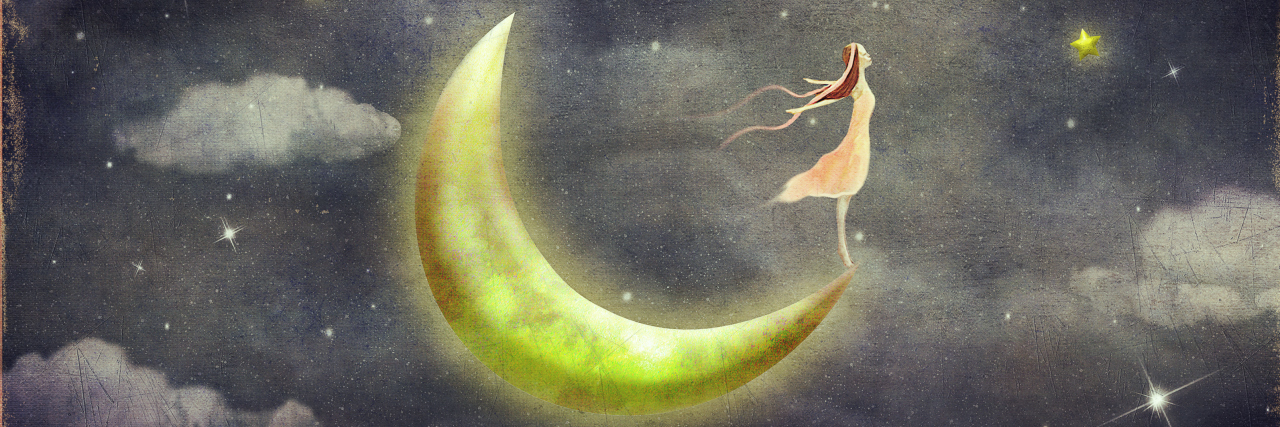Last year, I was sitting in the waiting room of a hearing center, along with a young mother and her toddler. The mother was talking to the receptionist and she said something that resonated with me. She said, “The moment I stopped being ashamed of my own disability was the moment I put hearing aids on my daughter. I’m not ashamed of who she is, so how can I be ashamed of myself and my disability? I need to show my daughter that having a disability is normal, and I need to do that by accepting myself.”
This conversation influenced my journey in accepting my own disability. Had I believed for all the years prior that I wasn’t enough, and I wouldn’t amount to anything because of my disability? I think a part of me did. Recently, I’ve analyzed how I had seen myself for the last few years and looked at what I had made it all mean. And I removed myself from what others told me “disabled” meant.
We are not the labels people have placed upon us to make it easier for them to comprehend our differences. Disability isn’t a deficit within an individual. It’s a deficit in a culture that doesn’t accept or enable a person for who they are. Having a disability can make you look different or feel different, but it does not make you less able, successful or worthy.
My disability may deprive me of seeing the world like everyone else does, or doing things other people can do – but it doesn’t deprive me of my skills, my passions or my abilities. My disability has made me a little bit stronger and braver; a more whole human. It helped me see a bigger version of humanity, and to understand that chasing perfection is damaging lie. I’ve become more accepting of people – especially those who are different to me. I’ve learned lessons in resilience, perseverance, courage, adaptability, and above all, hope.
My face and my body are a map you might read me with. A surgeon’s blade saved my life twice, and my sight four times over. I have been drama and wonder, grief and joy, despair, success, failure, courage, fear and gratitude. I have been – and will be again – guilty of too many things, especially of not loving and accepting my body, just the way it is. The way people with disabilities or chronic illnesses are portrayed in the media ruined any ounce of self-confidence I had growing up.
When I finally changed the way I felt about my disability, it was like magic. It seemed others changed the way they saw me also. I began to think more deeply about it: was it just that my perception of myself had changed? Did I now see myself as a whole flawed human being and not as a disabled person?
And then that day at the hearing center, it all clicked. None of society’s voices, or my own voice on what disability meant mattered. I realized I had an opportunity in my life now, whether I had a disability or not, to step into who I truly was and stop being defined by what I once believed about myself. This is also true for you, no matter who you are.
Getty image by Maroz NC.

